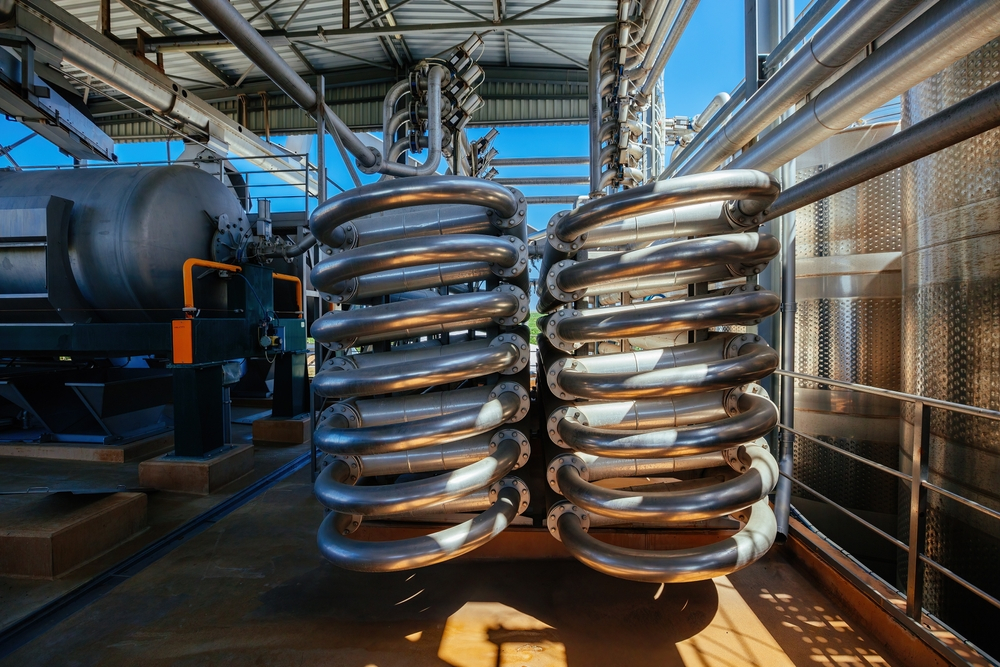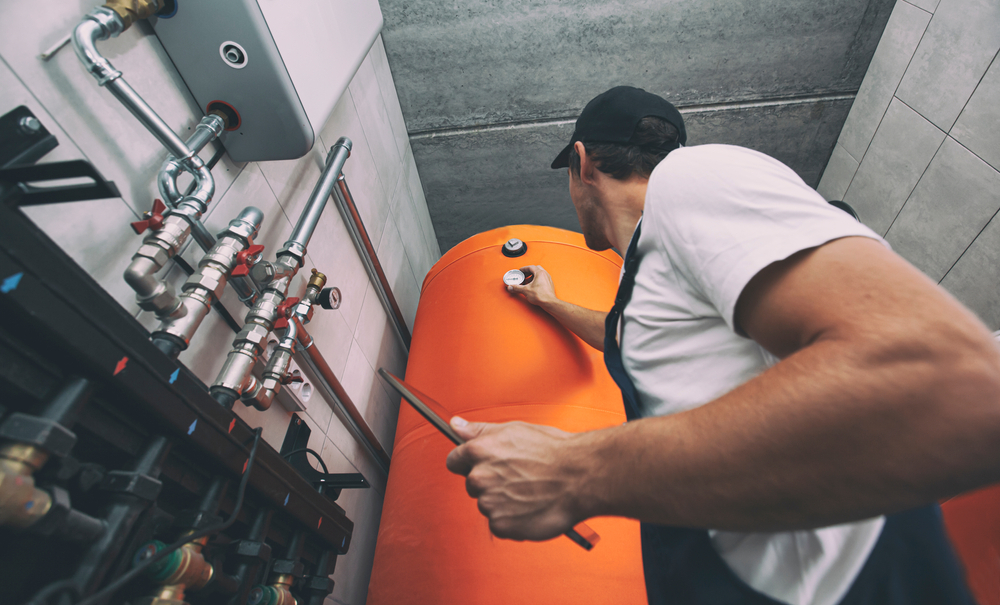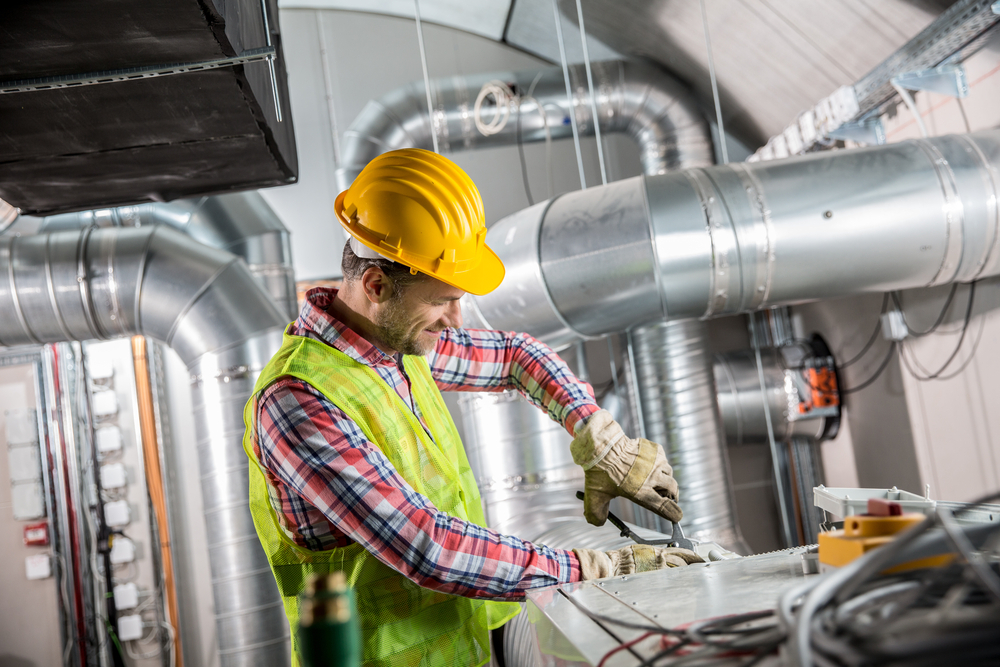More than just a convenience, having a consistent supply of hot water in your house is a need. Hot water is absolutely essential for your daily activities whether they involve cooking, washing, or showering. Finding the correct water heater for your house can be daunting given the several choices that are available. The correct decision will rely on elements including home size, energy economy, budget, and particular needs. This tutorial will enable you to negotiate the several kinds of water heaters, clarify their advantages and drawbacks, and finally direct you to choose the one most fit for your house.

Overview of Different Types of Water Heaters
Before delving into the details, it’s crucial to know generally the several kinds of water heaters accessible:
- Typical Storage Tank Water Heaters
- Heaters for Tankless Water
- Water Heaters for Heat Pump Systems
- Solar Water Heaters
- Condensed Water Heaters
- Indirect Heaters for Water
Every kind offers special qualities, benefits, and drawbacks. Let’s examine every one of these closely.
Conventional Storage Tank Water Heaters
Most often encountered in homes are conventional storage tank water heaters. They comprise an insulated tank whereby water is heated and kept till required. By keeping the water temperature within the tank, a thermostat guarantees always available availability of hot water.
How It Works
This kind of heater heats water kept in a big tank either using gas or electricity. Usually spanning 20 to 80 gallons, the tank size varies. The water stays in the tank once it has heated until it is pulled out via a shower or tap. Cold water fills the tank as hot water is used, therefore guaranteeing a constant supply.
Pros and Cons
Pros:
- Affordability: Usually less costly to buy and install are conventional water heaters.
- Ease of installation: Most houses are already set up for this kind of heater, hence installation is easy.
- Availability: Hot water is always rather easily accessible.
Cons:
- Energy Inefficiency: Water is continuously heated in the tank, hence energy is squandered even in standby heat loss—that is, even in hot water not in use.
- Limited Supply: Reheat can take time once the hot water in the tank runs out, therefore causing possible shortages.
- Space Requirements: The tank’s size calls for these units to be somewhat large.
Tankless Water Heaters
Known sometimes as on-demand water heaters, tankless water heaters only produce hot water as needed. These units heat water directly as it passes through the system, not storing heated water.
How It Works
Cold water moves via a pipe into the tankless unit when you turn on the hot water tap. Without a storage tank, an electric element or gas burner quickly heats the water to provide an ongoing supply of hot water.
Pros and Cons
Pros:
- Energy Efficiency: These devices are quite energy-efficient since water is only heated when needed and so no standby heat loss exists.
- Endless Hot Water Supply: There is never running out of hot water as long as the unit can meet demand.
- Space-Saving Design: These small, portable devices can be placed in confined areas—even on walls—by space-saving designers.
Cons:
- Higher Initial Cost: Tankless water heaters have an upfront cost more than standard storage tank versions.
- Limited Flow Rate: Should several taps be running concurrently, the heater may find it difficult to provide adequate hot water.
- Complex Installation: Retrofitting a tankless system might be more expensive and difficult, particularly in older homes.
Heat Pump Water Heaters
Energy-efficient substitute for conventional electric water heaters are heat pump water heaters. These machines transport heat from the air or ground to heat water, not create heat directly.
How It Works
Extracting heat from the surrounding air or earth, heat pump water heaters then move that heat to the water in the tank. A heat exchanger absorbs the heat and uses refrigerant to move it to the water. Compared to conventional electric water heaters, this one runs far less using power.
Pros and Cons
Pros:
- Energy Efficiency: Using up to 60% less electricity than conventional electric water heaters, these extremely efficient heaters are
- Lower Operating Costs: Although these units have a greater starting cost, over time the savings on energy costs make them affordable.
- Eco-Friendly: Using less electricity helps heat pump water heaters to have a lesser carbon footprint.
Cons:
- High Initial Cost: The purchase and installation expenses are more than those of traditional water heaters.
- Space Requirements: These units call for lots of room for appropriate air movement.
- Performance in Cold Climates: Efficiency decreases in colder climes, maybe calling for a backup heating system.

Water heater Installation
Solar Water Heaters
Environmentally friendly solar water heaters use sun energy to warm water. Homes in sunny climates will find these systems perfect, and they will greatly save energy use.
How It Works
Usually mounted on the roof, solar panels allow solar water heaters to gather sunlight. The gathered energy passes through the system heating a fluid. After that, this hot fluid heats the water kept in a tank. The system type will determine whether water is heated through a heat exchanger or straight in the panels.
Pros and Cons
Pros:
- Energy Efficiency: Solar water heaters greatly cut the gas or power usage.
- Cost Savings: Once fitted, running expenses are low, which over time results in significant savings.
- Environmental Benefits: Harnessing renewable energy helps these systems to have a low environmental effect.
Cons:
- High Initial Investment: Purchasing and installing a solar water heater costs more than with other kinds.
- Weather Dependence: The availability of sunshine determines efficiency; so, these systems are less efficient in areas with clouds or rain.
- Maintenance Requirements: To guarantee efficiency, regular maintenance including system check-up and solar panel cleaning is required.
Condensing Water Heaters
Designed to catch and recycle heat from the exhaust gases otherwise squandered in a typical gas heater, condensing water heaters are a kind of gas heater.
How It Works
These machines transmit heat to the entering cold water by guiding exhaust gases through a heat exchanger. This preheated water therefore uses less energy to achieve the intended temperature, so increasing general efficiency. The collected gasses are then carefully evacuated via a vent.
Pros and Cons
Pros:
- High Efficiency: Reusing heat that would otherwise be lost helps condensing water heaters to be quite energy-efficient.
- Cost Savings: Lowering energy use results in over time smaller utility bills.
- Suitable for Large Households: Ideal for big families since these units can meet more demand than others.
Cons are:
Cons:
- Higher Initial Cost: Like other sophisticated water heaters, the upfront cost is more than with traditional versions.
- Complex Installation: Correct installation calls for certain ventilation, which can increase the total cost.
- Space Requirements: These units require enough installation space since they are bigger than tankless versions.
Indirect Water Heaters
The heat source of indirect water heaters is the boiler or furnace of your house. Though it depends on the current heating system, this kind of water heater lacks a specialized heating element.
How It Works
Water in an indirect water heater is heated via a heat exchanger linked to the boiler or furnace. The heating system generates hot water that moves via a coil inside the water heater tank to heat the water. The efficiency of the heater is directly related to that of the boiler or furnace since it lacks a heating source of own.
Pros and Cons
Pros:
- Energy Efficiency: Coupled with a high-efficiency boiler or furnace, indirect water heaters can be quite effective.
- Long Lifespan: Since these units lack components subjected to direct heat, they usually have longer lifetime.
- High Hot Water Output: Perfect for homes needing a lot of hot water output.
Cons:
- Dependent on Heating System: Dependent on the type and condition of your boiler or furnace, efficiency and performance follow.
- High Initial Cost: Potential high upfront expenditures result from both the water heater and boiler/furnace systems needing to be in good operating order.
- Space Requirements: The boiler and water heater call for extra room.
Factors to Consider Before Choosing a Water Heater
Several variables should direct your choice of a water heater:
- Household Size: The size of your house will define your hot water use. Larger families usually call for a more capacity water heater.
- Energy Efficiency: Think about every type’s respective energy efficiency.
- Fuel Type: Although some units have more initial expenditures, over time they provide notable energy bill reductions.
- Installation Space: Depending on availability and cost, you could have to decide between electric, gas, or even solar-powered water heaters.
- Budget: Examining the space in your house can help you determine installation location. A few water heaters call for more space than others.
- Climate: Your choice will depend on your budget. High-efficiency models save money over time even if they first cost more.

Professional Plumber
Tips for Maintaining and Prolonging the Lifespan of Your Water Heater
Use these maintenance guidelines to make sure your water heater runs as long as it should and runs efficiently:
- Regularly Check for Leaks: Examining your water heater often will help you find any leaks. Deal with leaks right once to stop water damage.
- Flush the Tank Annually: Annual flushing of the tank helps to prevent damage and lower efficiency by sediment accumulation. Once a year flushing of the tank removes silt and extends the life of the heater.
- Inspect and Replace the Anode Rod: The anode rod stops tank corrosion via inspection and replacement. Check it yearly and, should it be noticeably corroded, replace it.
- Test the Pressure Relief Valve: The pressure relief valve guarantees that under pressure your tank won’t explode. Test it often to guarantee it is in good operating order.
- Insulate the Tank: Specifically in colder locations, insulating your water heater tank and pipes can increase efficiency.
- Schedule Professional Inspections: Plan professional inspections to find possible faults with your water heater every few years before they become major concerns.
Conclusion
Ensuring a consistent supply of hot water and controlling energy use depend on selecting the appropriate water heater for your house. Knowing the several kinds of water heaters as well as their individual advantages and drawbacks will enable you to decide with knowledge. Before deciding, keep in mind elements such home size, energy economy, and financial situation. Maintaining the performance and lifetime of your water heater also depend on frequent maintenance. See a professional plumber to acquire professional advise catered to your particular need if you’re not sure which type would be appropriate for yours.
Plumbing Services CA
https://maps.app.goo.gl/31Yt4rhDrainzNJ4A
(279) 203-0765
https://plumbingservicesca.com/
